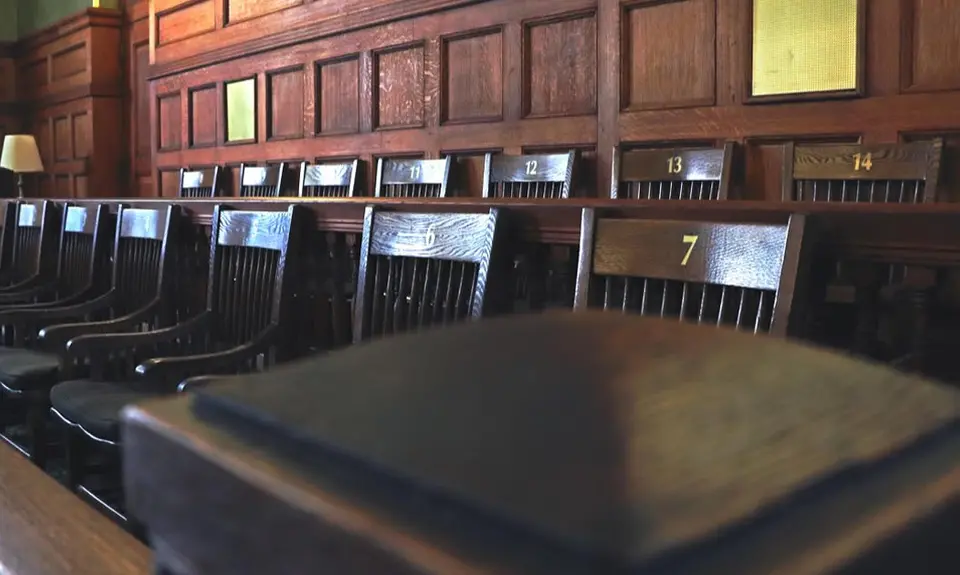“Confirmed Judges, Confirmed Fears” is a blog series documenting the harmful impact of President Trump’s judges on Americans’ rights and liberties. Cases in the series can be found by issue and by judge at this link
In another death penalty case without full opinions, Trump Justices Neil Gorsuch, Brett Kavanaugh, and Amy Coney Barrett split, with Barrett joining moderates to uphold a stay of execution unless Alabama allows a prisoner to be accompanied by his pastor in the execution chamber. Kavanaugh dissented, and the vote of Gorsuch is unknown. The February 2021 order was in Dunn v Smith.
Willie Smith was set to be executed by Alabama, and his last wish was to have his pastor with him when he is put to death. The state refused, based on a policy banning the practice after the Supreme Court ruled that a state could not allow Christian but not Buddhist priests to accompany prisoners at their executions. The Eleventh Circuit issued a stay of execution, however, maintaining that the new policy violates the federal Religious Land Use and Institutionalized Persons Act (RLUIPA), which prevents government from imposing a “substantial burden” on a prisoner’s exercise of religion unless the restriction is the “least restrictive means” of furthering a “compelling governmental interest.” Alabama asked the Supreme Court immediately to lift the stay so it could proceed to execute Smith without his pastor present.
In a one-line unsigned order, the Court denied Alabama’s request. In a concurring opinion joined by Justices Breyer, Sotomayor, and Barrett, Justice Kagan explained that the state had failed to carry its burden under RLUIPA to show that the “exclusion of all clergy members from the execution chamber is necessary to secure prison security,” as the state claimed, particularly since recent “past practice” in Alabama and elsewhere allowed such clergy to be present. Chief Justice Roberts, Justice Thomas, and Justice Kavanaugh dissented, with Kavanaugh claiming, without proof or elaboration, that Alabama’s policy “serves the state’s compelling interests” in “ensuring the safety, security, and solemnity of the execution room.” The Court’s order did not reveal how either Justice Gorsuch or Alito voted, although at least one must have agreed with the four-member plurality in declining to grant the state’s request.
The case serves as yet another distressing example of Trump justices’ troubling views on the death penalty. In previous cases where claims of race discrimination, cruel and unusual punishment, and other serious problems were at stake, not a single one of Trump justices Gorsuch, Kavanaugh, or Barrett agreed to even a temporary stay of execution. Only in this case, concerning a religious free exercise claim, was Justice Barrett willing to agree to such a stay. And even on that issue, Trump justice Kavanaugh would not temporarily stop the government from putting someone to death.
